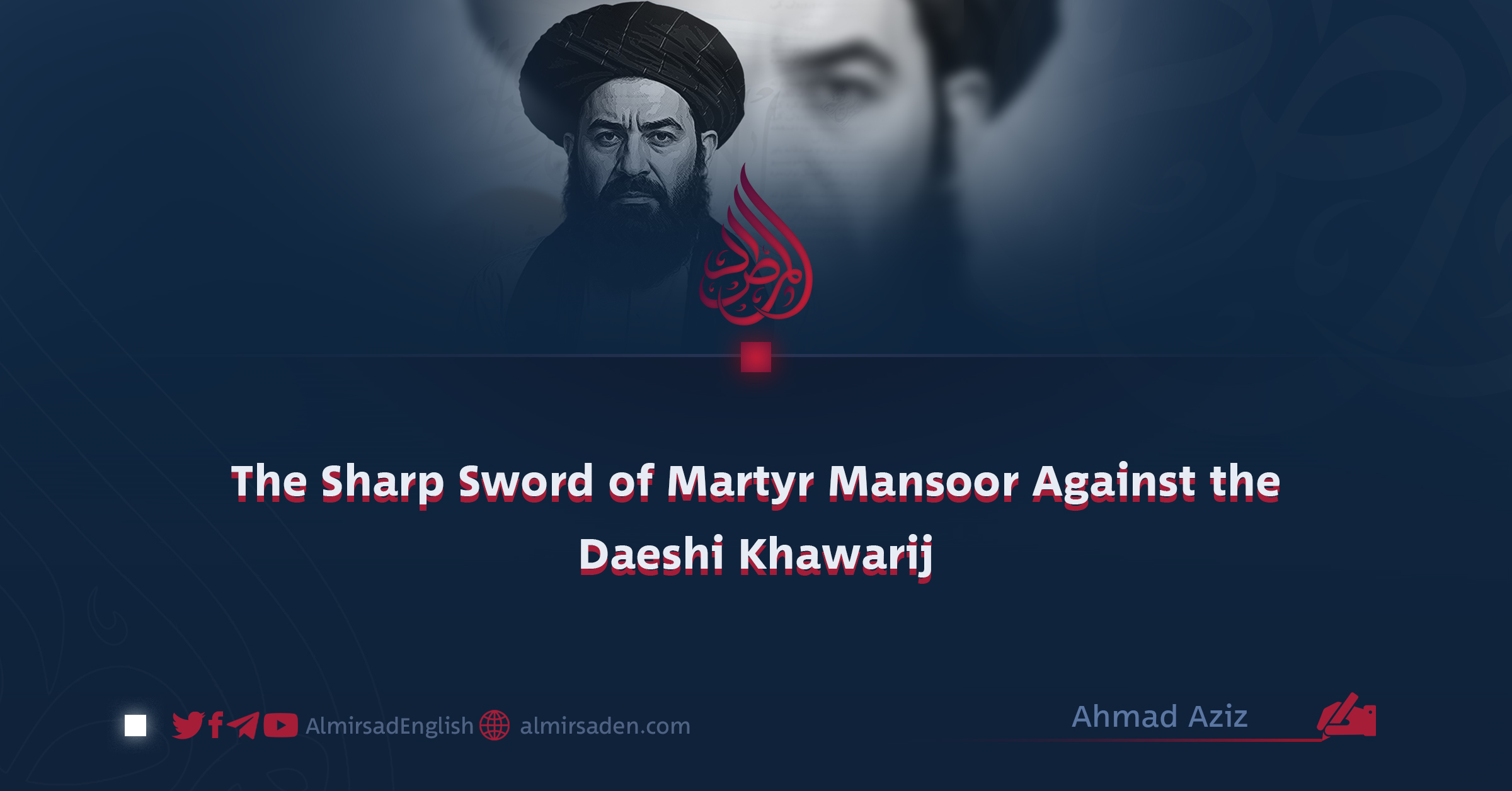Author: Ahmad Aziz
Less than a year had passed since the appointment of Amir al-Mu’minin Mullah Akhtar Muhammad Mansoor (may Allah accept him) as the leader of the Islamic Emirate of Afghanistan (IEA) when a malignant force emerged under the banner of “ISIS Khorasan” within Afghanistan’s borders.
What appeared on the surface to be a fresh opportunity for the Muslim Ummah was, in truth, a deadly conspiracy—one aimed at inflaming internal divisions, promoting fratricide, and defaming the noble image of legitimate jihad in Afghanistan. This sinister fitnah sought to dismantle the unity of the Mujahideen and distort the identity of the Islamic struggle.
From the earliest days of this treacherous emergence, Amir al-Mu’minin Mullah Akhtar Muhammad Mansoor (may Allah accept him) discerned the true nature and hidden agenda of this deviant faction. With clarity and resolve, he sent a firm and unequivocal letter to the self-proclaimed caliph of Daesh, Abu Bakr al-Baghdadi. In it, he declared that if ISIS did not immediately cease its operations within Afghanistan, the IEA would be left with no choice but to confront this fitnah decisively and defend the faith, land, and ideological integrity of the Afghan Muslim nation.
This warning was more than a tactical response—it was a reflection of the Amir’s deep insight, historical prudence, and far-sighted leadership. It demonstrated that the IEA, under his guidance, would never permit internal or external enemies—regardless of the guise they adopt—to weaken the ranks of the Mujahideen or divert the sacred path of jihad.
Instead of heeding this call for unity, sincerity, and brotherhood, the Khawarij beat the drums of discord. They declared righteous Mujahideen to be apostates, targeted esteemed scholars, and carried out horrific bombings against innocent Muslims. Their actions were calculated to present a grotesque and terrifying image of Islam to the world—an image wholly detached from its noble teachings.
Through deceitful slogans, they sought to seduce naïve and emotional youth, mobilizing them in service of the agendas of their foreign masters. In reality, however, they were severing the very roots of Islam and the legitimacy of the jihad they falsely claimed to uphold.
Under the leadership of Mullah Akhtar Muhammad Mansoor (may Allah accept him), the IEA stood as the only independent movement capable of confronting this poisonous fitnah without foreign support. With unwavering determination, it crushed the sedition in its infancy and prevented the deviant group from gaining a foothold in Afghanistan.
Had this fitnah progressed further, it would have extinguished the hopes of establishing a genuine Islamic system and plunged the nation into civil war, sectarian conflict, and widespread devastation. Yet, the decisive and principled stance of Amir al-Mu’minin—rooted in independence and driven by a sincere commitment to Islamic values—neutralized the threat before it could fully metastasize.
Without reliance on any external power, the IEA, with its own strength and courage, protected the Afghan Muslim nation from the malevolence of its enemies.
The Khawarij, who arrogantly disregarded the warning of Amir al-Mu’minin (may Allah accept him), were soon met with a crushing defeat beyond their imagination. They lost a significant portion of their military strength and strategic momentum.
This humiliating downfall not only shattered their presence in Afghanistan—it also dismantled the illusion of their dominance in Iraq, Syria, and beyond. One by one, their territories fell, and the myth of their invincibility collapsed under the weight of their own corruption and the steadfast resistance of sincere Muslims.


















































